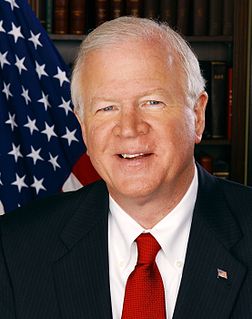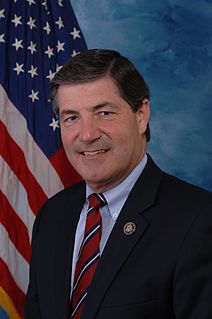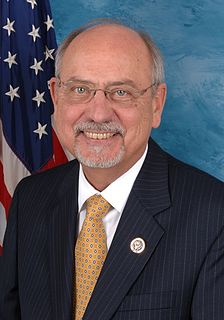A Quote by Saxby Chambliss
The backbone of our nation's domestic defense against terrorist attacks will continue to be the men and women in local law enforcement and emergency services.
Related Quotes
Consistent with section 202(d) of the National Emergencies Act, 50 U.S.C. 1622(d), I am continuing for 1 year the national emergency previously declared on September 14, 2001, in Proclamation 7463, with respect to the terrorist attacks of September 11, 2001, and the continuing and immediate threat of further attacks on the United States. Because the terrorist threat continues, the national emergency declared on September 14, 2001, and the powers and authorities adopted to deal with that emergency must continue in effect beyond September 14, 2010.
The terrorist attacks on September the 11th were a turning point for our nation. We saw the goals of a determined enemy to expand the scale of their murder and force America to retreat from the world. And our nation accepted a mission. We will defeat this enemy. The United States of America is determined to guard our homeland against future attacks. As the September 11th Commission concluded, our country is safer than we were three years ago, but we are not yet safe
To argue that it is unconstitutional for local law enforcement to be a legitimate partner in immigration enforcement is shortsighted. It is evidence of a lack of commitment to securing our borders and a lack of appreciation for the proper role of the states in supporting federal law enforcement priorities.
This killer [in Orlando] was interviewed by the FBI three times and I'm not going to second guess what career law enforcement professionals do everyday to defend our nation. But we need to look carefully at this. Should we have a broader database? You know, someone comes to the attention of FBI not once but three times, does that suggest that local law enforcement needs to know.
The hardest problems of all in law enforcement are those involving a conflict of law and local customs. History has recorded many occasions when the moral sense of a nation produced judicial decisions, such as the 1954 decision in Brown v. Board of Education, which required difficult local adjustments.
Coalition [against ISIS] need the tools. And the tools involve encryption where we cannot hear what they're even planning. And when we see red flags, a father, a mother, a neighbor who says we have got a problem here, then we have to give law enforcement the ability to listen so they can disrupt these terrorist attacks before they occur.

































